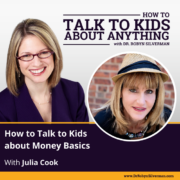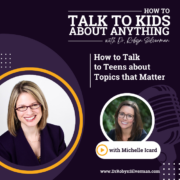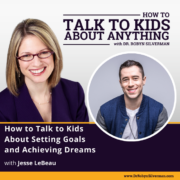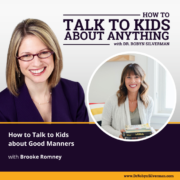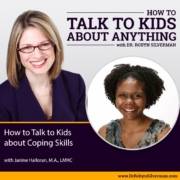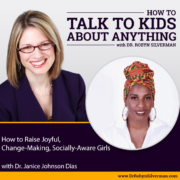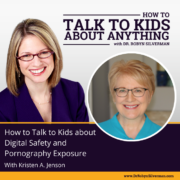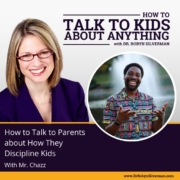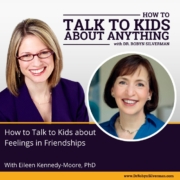Tag Archive for: How to Talk to Kids about Anything
How to Talk to Teens about Topics that Matter with Michelle Icard – Rerelease
/in PodcastThis podcast episode focuses on talking to tweens about topics that range from sexuality and technology to the changing parent-child relationship. How do you approach tweens so that both people feel heard? Michelle Icard suggests the BRIEF method which stands for: Begin peacefully, Relate to your child, Interview to collect information, Echo what you’re hearing, and give Feedback.

